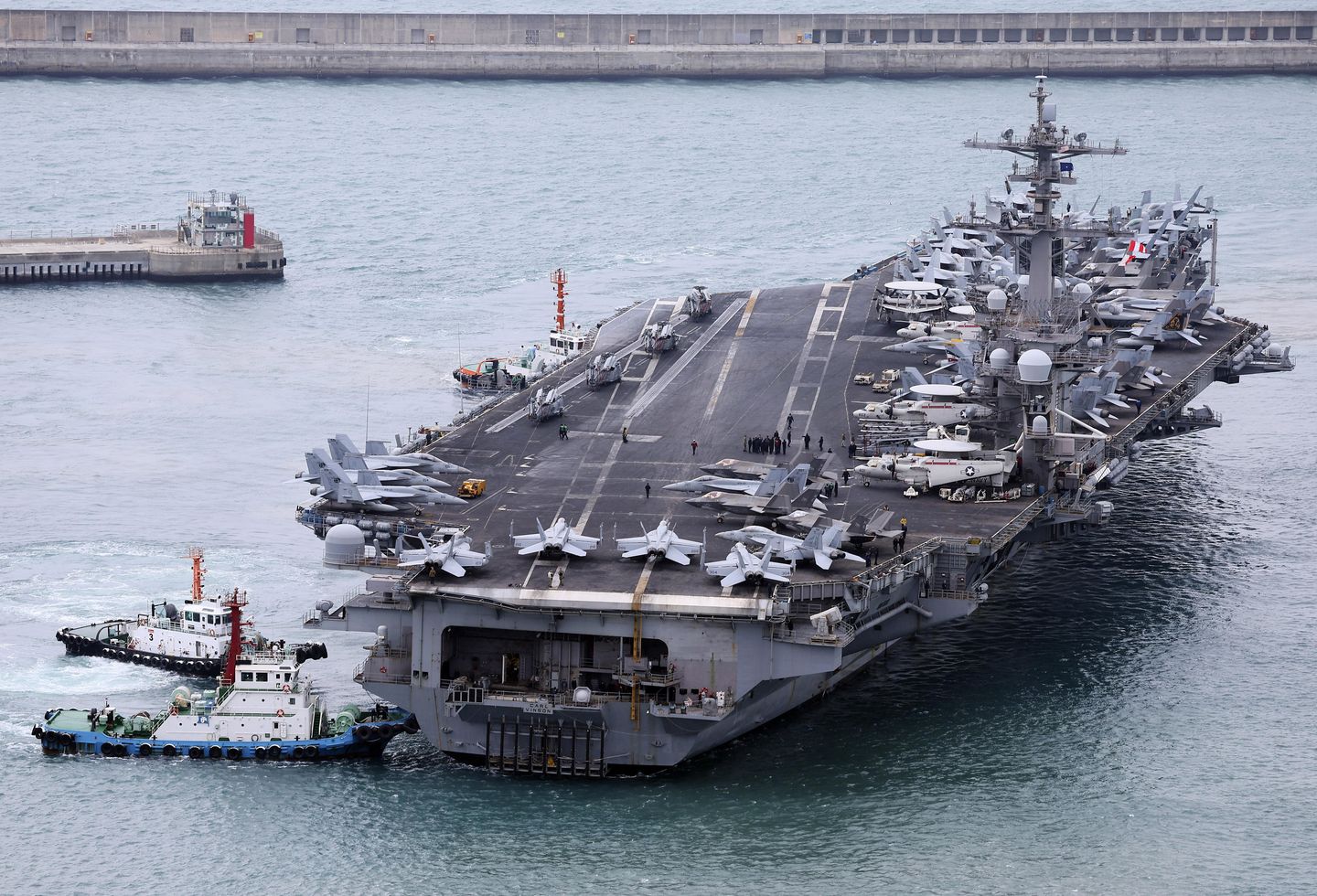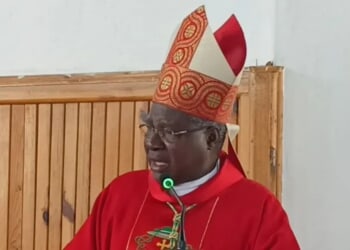
Don’t miss the full story from our staff writers, whose reportage is the basis of this article.
Military exercises across the Indo-Pacific are demonstrating stronger cooperation between armed forces than exists at the diplomatic and political levels, as trade tensions strain U.S. relationships with key regional allies. The massive REFORPAC 25 exercise on Guam involves over 400 aircraft and 12,000 personnel, while the largest-ever Talisman Sabre exercise in Australia engages 40,000 personnel from 19 nations through August 4th.
Despite successful military cooperation, political relationships face significant challenges. Japan received relief from U.S. tariff threats, seeing reductions from 30% to 15%, but concerns persist about the unpredictability of President Trump’s administration. South Korea faces particular anxiety about potentially receiving higher tariffs than Japan, which would damage national pride and alliance perceptions.
The diplomatic picture remains troubled across the region. South Korea’s President Lee Jae-myung, who took office in June, still awaits a summit meeting with Mr. Trump despite a June 29th request. Adding to Seoul’s concerns, U.S. Treasury Secretary Scott Bessent canceled a crucial meeting with South Korean delegates on July 24th due to unexplained scheduling conflicts. South Korean officials are also nervous about the potential transfer of wartime operational control from U.S. to Korean command, which could fundamentally alter the alliance structure.
Australia faces its own challenges despite hosting major exercises. Prime Minister Anthony Albanese has not met with Mr. Trump, while the country confronts planned U.S. tariffs and frustration over American officials’ unilateral review of the AUKUS nuclear submarine deal. Reports suggest Washington is demanding Australia explain its Taiwan war plans, despite America’s own “strategic ambiguity” policy on the issue.
Military leaders are working to maintain positive relationships despite political tensions. General Xavier Brunson of U.S. Forces Korea posted supportive messages during Talisman Sabre, emphasizing alliance strength. Local interactions remain positive, with reports of Australians welcoming American Marines to pubs in desert townships.
The exercises showcase impressive military capabilities and interoperability improvements across different languages, communication systems, and military cultures. Japan successfully test-fired Type-12 surface-ship missiles from Australian shores, while U.S. forces demonstrated HIMARS rocket systems and other advanced weaponry designed for maritime defense within the strategic First Island Chain.
However, experts warn that military cooperation has limitations. As one analyst noted, “Militaries don’t decide diplomacy: If a president says ’No’, cooperation is ended.” The disconnect between successful military exercises and strained political relationships highlights the complex challenge of maintaining strong alliances amid trade disputes and diplomatic tensions in the strategically crucial Indo-Pacific region.
Read more: Huge U.S.-allied drills across Indo-Pacific can’t hide trade, political tensions
This article is written with the assistance of generative artificial intelligence based solely on Washington Times original reporting and wire services. For more information, please read our AI policy or contact Ann Wog, Managing Editor for Digital, at awog@washingtontimes.com
The Washington Times AI Ethics Newsroom Committee can be reached at aispotlight@washingtontimes.com.



![Former Bravo Star Charged After Violent Assault Using a Rock-Filled Sock in Tennessee Walmart [WATCH]](https://www.right2024.com/wp-content/uploads/2025/07/Former-Bravo-Star-Charged-After-Violent-Assault-Using-a-Rock-Filled-350x250.jpg)



![Illegal Alien Walked Free After Decapitating Woman, Abusing Corpse for Weeks [WATCH]](https://www.right2024.com/wp-content/uploads/2025/07/1753013138_Illegal-Alien-Walked-Free-After-Decapitating-Woman-Abusing-Corpse-for-350x250.jpg)
![NYC Man Snatches Child Off The Sidewalk, Parents Chase Him Down [WATCH]](https://www.right2024.com/wp-content/uploads/2025/07/NYC-Man-Snatches-Child-Off-The-Sidewalk-Parents-Chase-Him-350x250.jpg)
![Karoline Leavitt Levels CNN's Kaitlan Collins and Other Legacy Media Reporters [WATCH]](https://www.right2024.com/wp-content/uploads/2025/07/Karoline-Leavitt-Levels-CNNs-Kaitlan-Collins-and-Other-Legacy-Media-350x250.jpg)
![Man Arrested After Screaming at Senators During Big Beautiful Bill Debate [WATCH]](https://www.right2024.com/wp-content/uploads/2025/06/Man-Arrested-After-Screaming-at-Senators-During-Big-Beautiful-Bill-350x250.jpg)
![Leftists Lose Their Minds After Jason Kelce Celebrates Being an American [WATCH]](https://www.right2024.com/wp-content/uploads/2025/07/Leftists-Lose-Their-Minds-After-Jason-Kelce-Celebrates-Being-an-350x250.jpg)





